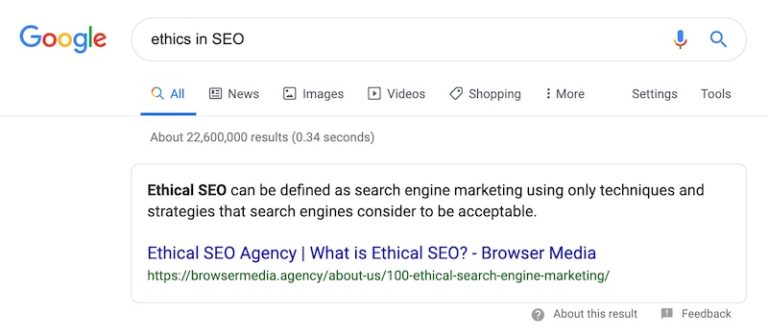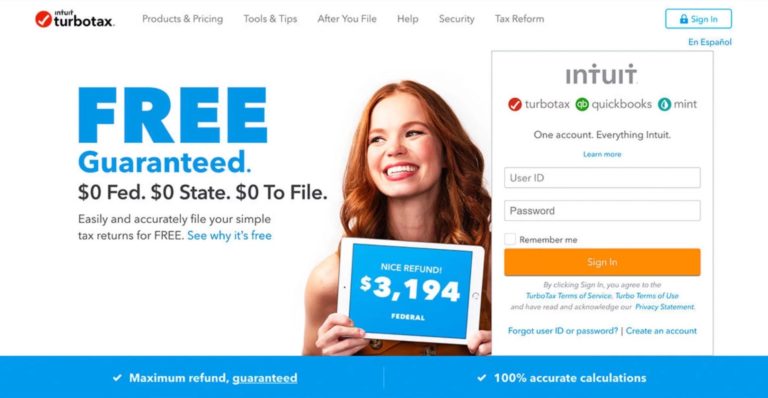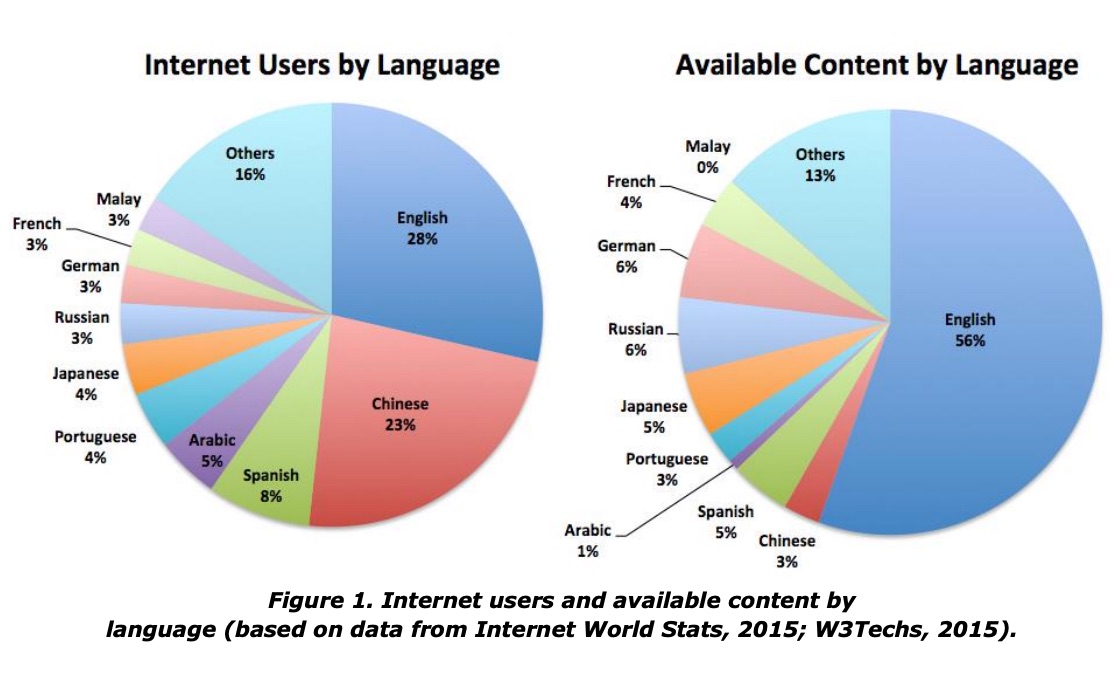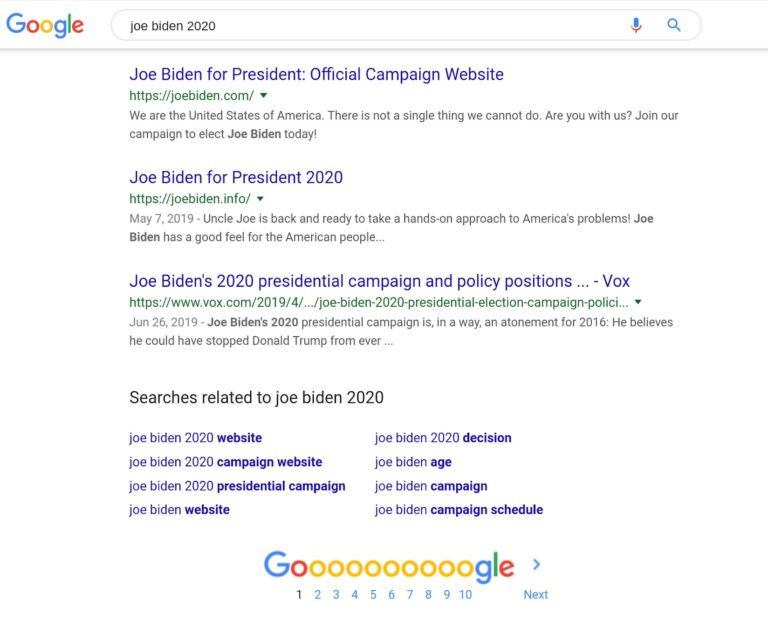Disclaimers from the edge of the ethical rabbit hole
This article:
- Isn’t meant to shame any persons related to the content within.
- Doesn’t have the answers. Any of them. What’s 7+4? Armadillo.
- Is politically aware but efforts to remain non-partisan.
- Is from the perspective of a single, fallible human who, like all humans, has biases she is unaware of.
- Is a reminder that being human is the only qualification necessary to talk about ethics.
Humans crave ethics. Ethically-sourced. Ethically-raised. We’re drawn to the idea of ethics because it gives us a framework to understand the impact of our existence.
Humans study moral philosophy whether they intend to or not. We use our judgments about the rightness or wrongness of actions as a foundation for making our own decisions.
The ethics we adopt help define us personally and as a society.
Faced with our limited imprint on time and vastness of existence, let’s do what everyone does.
Let’s Google it.
Hey Google, What’s the Definition of Ethics in SEO?

“Ethical SEO can be defined as search engine marketing using only techniques and strategies that search engines consider to be acceptable.”
If we expand out on this thought, there are some interesting nuisances.
- Ethics are defined whether a search engine finds the technique or strategy acceptable.
- The companies that build search engines.
- Ethics are limited to techniques and strategies.
- Ethics are relative to each search engines.
Bots aren’t “moral” devices. Neither are websites.
Each search engine has its own version of what is acceptable. Two search engines could have acceptable strategies or techniques that directly conflict. You only have one site.
Ethical SEO for one search engine would be unethical for the other.
This is where real-life humans come in.
Whatever decisions are made, the code will inherit their stands of good as bad. It will carry their blind spots and biases.
Every digital asset inherits the ethics and power of the business they represent, the individuals contributing code and commentary, as well as behavior patterns of their users.
This ethical imprint is in how we differentiate optimization from manipulation. Does this engine accept the practice?
Both involve research and code changes.
Structured data markup is a fancy tech term for slipping a search engine a cheat sheet. That cheat sheet would be approved by some search engines and not others.
Does structured data have moral value? It is an action and it has a consequence.
1/2 Are black people smart? “Blacks Are the Least Intelligent Race of All” says Google's 'knowledge box' – BBChttps://t.co/UkDpAogqlw pic.twitter.com/pfvFMRM2nM
— Carole Cadwalladr (@carolecadwalla) December 20, 2016
Creating a Human-Centric Definition of Ethics in SEO
In general, ethical questions don’t have a right or wrong answer. Instead, it’s about the thought experiment of taking a situation and holding it against a moral framework.
Plenty of theories, frameworks, and principles exist.
For the sake of brevity, let’s look at the work of Immanuel Kant. He boiled down the ethical value of actions to a two-question framework.
- Can I rationally will that everyone act as I propose to act?
- Does my action respect the goals of human beings rather than merely using them for my own purposes?
If the answer to either of these questions is no, the action is unethical.
Code can’t inherently decide whether to return a controversial app that allows Saudi men to control the movements of dependent women.
Is this app an example of modernizing misogyny or another form of relativism? The arguments for either side lead to deep rabbit hole full of human rights and technology that simply won’t fit here.
Let’s step back and take in a larger view.
If we use the same framework adopted in the definition of SEO, morality is relative to the guidelines. This app is relatively ethical to the Google Play store.
Apply Kant’s framework.
Could we rationally will that others prioritizing actions relative to the guidelines that most benefit us?
Disallow: /ethics
In early 2019, TurboTax, a major tax U.S. tax service blocked search engines from indexing a page that would allow low-income users to file their federal taxes for free.
NEW: We found TurboTax has *deliberately* hidden from Google its free option for lower-income Americans. @Intuit did this by adding "robots" code that tells search engines not to find the free page.
Many folks who could file for free were charged.https://t.co/kvzLk1BRoC pic.twitter.com/JKynv96QoF
— Justin Elliott (@JustinElliott) April 26, 2019
In business terms, they identified a low ROI audience (users making $34,000 or less, or are active duty military who earned $66,000 or less). It leveraged established brand recognition and cross-platform marketing messages to upsell.
The human consequences played like a bait and switch, if you searched for free federal tax filings, you landed on a page like this.
It’s for a product known as the “Free Edition” and distinct from TurboTax Free File Program, which is part of the IRS’s Free Filing Alliance. Despite the page’s grandstanding, the user will pay $60-120.

ProPublica documented their experiments in creating various users. Each time, their faux tax filer would end up at the same dead-end requiring an upgrade before taxes could be filed.
You could argue that the practice targets military members and the economically disadvantaged. You wouldn’t be alone. Lawmakers have openly challenged the company with the FTC and IRS.
“TurboTax offers two free tax filing products: TurboTax Free Edition and TurboTax Free File Program, which is part of IRS Free File…
While we believe amplifying this content meaningfully informed taxpayers and contributed to IRS Free File growth, we recognize that our overall search approach may have made it harder for some customers to find a TurboTax Free File Program landing page. So we are undertaking a thorough review of our search practices to ensure we are achieving our goal of increasing eligible taxpayers’ awareness of the IRS Free File Program and its availability.” – TurboTax Response to ProPublica, 16 April 2019
The practice of using design and conversion pathing to coerce users to do something they didn’t want to do is called dark patterning.
TurboTax used organic search as part of their strategy by adding robots noindex directives to the actual free tax service.
Only 3% filed using the free product – even though 70% of TurboTax’s users are eligible for free filing.
Can I rationally will that everyone act as I propose to act?
Does my action respect the goals of human beings rather than merely using them for my own purposes?
Search Engines Are Imprints of Power
Websites and search engines are imprints of the ethics, biases, and norms of those with. Those that are successful become artifacts of power – or less somberly, brand recognition.
The longer that power endures, the greater its influence on culture and other developing technologies.
There’s no better way to scale our ethical framework than to look at power and language.
In 2019, 54% of the internet is in English despite only representing 25% of users. The second most used language on the internet is Russian at 5.9% of all content.

That gap is so wide, it should have its own guided tours and gift shop.
That gap is so wide it impacts a lot of lives in ways we may not think of.
Language forms our reality. The words we use impact how we conceptualize the world.
When a new concept enters our vocabulary, we give it a name.
No better example of a well-seasoned SEO than seeing page view entered into the Merriam-Webster dictionary six months ago.

That absent definition did not phase us or impact our reality because we know what it means.
The phrase’s transformation was powered by the digital community. Our language has the ability to adapt and welcome new concepts in.
Others are not so lucky. When new concepts and information aren’t available in a language, it means fewer members of that society can engage or adopt them.
This is dangerous because some critical fields move at break next pace. Two such fields are medicine and technology.
When linguistic researchers studied an HIV prevention program sponsored by U.S. companies they found that over 80% of subjects in certain studies did not understand concepts such as placebo, randomization, and the ability to withdraw from research participation.
Can you ethically include a subject in a clinical trial who does not know what a placebo is?
The landing page for potential participants is indexed by Google and scores well for performance and SEO on web.dev. It’s optimized and designed to bring in new users. At the time of this article, I was only able to find the content in English.
Kant would ask, “Does my action respect the goals of human beings rather than merely using them for my own purposes?”
Can we respect another human when asking they are consenting to an agreement they don’t understand?
Translations, Cookies, & Communities
What about something as small as your cookie policy?
Can they agree to be tracked and remarketed to?
Do they know they might be given personalized content recommendations based on what they like? That the platform would what is free speech?
If your site hosts user-generated content, how can it address hate speech in a language no one on your team speaks?
Facebook’s lack of oversight directly continued to the Rohingya refugee crisis. More than 70,000 people fled their homes. Here is Facebook’s apology:
“We were too slow to respond to the concerns raised by civil society, academics and other groups in Myanmar. We don’t want Facebook to be used to spread hatred and incite violence. This is true around the world, but it is especially true in Myanmar where our services can be used to amplify hate or exacerbate harm against the Rohingya.”
One could argue that platform growth without adequate translation or regulation has a larger societal impact than a translation budget.
A Translators Without Borders study details the impact of language on the European Refugee Crisis. Events requiring humanitarian organizations to step in are rarely polite enough to provide adequate resources and planning.
When thousands of asylum seekers are fleeing and the dust hasn’t yet settled, the team adapts with their boots on the ground and a prayer in their pocket.
The best resource they have is being able to communicate to the humans impacted by war, disease, or disaster.
Not all migrants, asylum seekers, or refugees impacted by an event will speak the same language.
In a six-month space, 14,000 refugees arrived in Italy by sea from Nigeria – a country estimated to have 520 languages contained in its borders.
Knowing which languages and their respective percentage of the whole group could allow these teams to get the right translators and resources in place.
The study found that without objective information in their language, refugees relied on word of mouth and social media posts for critical information.
These refugees had internet access but couldn’t find objective information in their own tongue. Imagine relying on a Facebook meme to get out of a war zone.
One could argue that engaging native speakers for content creation and community moderation is an ethical requirement for internationalization.
The human consequence of that ethical decision could mean picking a dusty and forgotten translation ticket out of the backlog and bringing it to sprint planning.
Paying for Rank by Mortgaging Trust
It’s the ubiquity of search that gets us.
No official figures have been shared since 2012, but back then Google processes 40,000 search queries every second – even on an average lazy summer afternoon.
If search queries were snowflakes, we’d be buried in a blizzard we barely seem to acknowledge.
Users trust search engines because we believe they know the answers. They have the power to scour the web and the authority to sort out all possible answers.
SEO professionals are part of that process.
We nudge the system with better page titles and cleaner code to manipulate what answer is shown where and to whom.
We play with the fabric interconnected knowledge and fuss with the ubiquitous pillars of knowledge shoved in everyone’s pocket. Isn’t that oddly wonderful?
It also means we’re on the front lines of the battle for user trust.
Freedom of Speech vs. Misinformation & 2020 Presidential Election
A user searching for [Joe Biden 2020] is likely interested in the presidential candidacy.
The SERP result directly below the candidate’s real website is a “parody” site. It’s the work of a consultant employed to make videos and other digital content for President Trump’s re-election campaign.

This first-page parody put in the effort. While performance is painful, it nails a perfect 100 score on web.dev and an impressive 93 inaccessibility.

In the 2016 election cycle, we watched Facebook take the brunt of fake news backlash. Facebooks ads have a fast turn around.
As far as I know, no one has published data on the index coverage of these sites by Google.
Ranking beside your competitor for their branded query would be impressive for any SEO professional. I asked Twitter for stories from SEO professionals who’ve worked on political campaigns.
I expected to see tales of more wildly inaccurate news sites. Instead, SEO pros shared their stories of misinformation.
2. We've not experienced disinformation at a large scale. What we do see is quite a bit of action from the other side to suppress voting. We've countered this by building materials online to help people register to vote & keep informed of their rights – promoted via SEO 3/
— Reasonable Surfer (@reasonablesurfr) July 29, 2019
It's never explicit actions or statements saying "DON'T VOTE" – but oftentimes we see direct mailers & hyper-targeted ads with misleading information about voting times/dates & eligibility. The main point is usually to have a voter second guess themselves & not come to the polls
— Reasonable Surfer (@reasonablesurfr) July 29, 2019
Mainly younger voters in the district. Also voters that have recently changed parties or made other changes to their status – this is where we see a lot of effort being made to make people think they messed up the registration process
— Reasonable Surfer (@reasonablesurfr) July 29, 2019
SEO Will Be Judged by Its Ethics Regardless of Whether We Talk About Them
I’m writing this now because we need to talk about it now.
SEO has gone from obscurity to established practiced and may be preparing for new levels of scrutiny.
.@sundarpichai of Google was in the Oval Office working very hard to explain how much he liked me, what a great job the Administration is doing, that Google was not involved with China’s military, that they didn’t help Crooked Hillary over me in the 2016 Election, & that they…
— Donald J. Trump (@realDonaldTrump) August 6, 2019
…in 2020.” Lou Dobbs stated that this is a fraud on the American public. @peterschweizer stated with certainty that they suppressed negative stories on Hillary Clinton, and boosted negative stories on Donald Trump. All very illegal. We are watching Google very closely!
— Donald J. Trump (@realDonaldTrump) August 6, 2019
Broken down, these presidential tweets assert:
- Google was/is accusing of being involved in China’s military.
- Google was/is planning to subvert the 2020 election.
- Google tried to help Hillary Clinton in 2016.
- A Google engineer said that in 2016, the company wanted to make Donald Trump lose.
- Two relatively authoritative sources believed that Google was involved with China’s military and/or with aiding the Clinton campaign.
- Google has/is/will commit illegal actions in the future.
These individual statements have to be aggregated with each unique person’s understanding of the speaker’s tone. It is not hard to read that unfavorable search results will be discredited.
If search loses credibility with users the most sanctimonious algorithm can’t stop digital strategies from triggering real-world consequences. Without a trusted source of truth, humans are more vulnerable to misinformation.
Ending the Critical Myth of an Unbiased Algorithm
Algorithms come in many flavors and all of them have biases.
Mix those initial blindspots with machine learning based on human interaction and you can conjure the worst in humanity. It took less than 24 hours for Microsoft’s Twitterbot to morph from tween to filterless racist tirades.
These are learning pains that we have to acknowledge.
We need more languages ethnicities and gender identities represented on the teams building these tools. Failure to be represented could be catastrophic.
The lack of ethnic diversity in datasets for facial recognition software could play as out false identifications.
Facial recognition software in the U.K. has been highly criticized after it failed to include a “safeguard” (a.k.a. a set threshold that disqualified results under a matching threshold). Non-white subjects were more likely to be falsely identified.
Ethics requires that we step beyond our immediate environment. Disregarding users from datasets now can devalue or limit their contributions in future iterations.
“Works on my machine” is not an option.
Promote Transparency About Personalization
When you’re only given back results you agree with, it impacts your perspective.
The code splits you into buckets. You become persona A or persona B.
The result of this false dichotomy is palpable.
“I think that Google’s perceived “correctness” both shapes & reflects biases. google’s not racist, but people are very good at projecting their biases in ways that google’s algo rates as EAT.” – JP Sherman, Findability Manager at RedHat
What Is the New Definition of Ethics in SEO?
Armadillo.
You were warned there would be no answers here.
As SEO professionals and all of tech have conversations, more resources are coming together.
You can check out the EthicalOS toolkit to learn about the major ethical risk zones and thought experiments to help future-proof your tech.
Apply an ethical framework to a proposed action.
Ask if we could rationally will that others prioritizing actions relative to the guidelines that most benefit us.
Create civil discussions about when human rights override relative guidelines.
By doing so, you would be exercising your self-agency. Good for you!
Chase that intentional moral choice by asking yourself: “When do human values override technological guidelines?”
Do ethics now have an order of operation?
There will never be a right answer, but you’ll ask better questions every time.
More Resources:
- Bad SEO Information: Too Easy to Find, Impossible to Escape
- Ethics in Online Marketing: Does Brand Morality Matter?
- SEO Tactics: Black Hats, White Hats, Gray Hats & ‘Asshats’
Image Credits
All screenshots taken by author, August 2019





